Knowing how to build credit when you have no credit history is something everyone needs to know. Unfortunately, many Americans do not know how to build a positive credit history or do not think about it until they need to use their credit.
Not having a credit history when you need to rent an apartment or want to buy a car or home is extremely frustrating. So, we created a guide to help you build credit, even if you have no previous history.
In it, you will learn how long it takes to establish credit, how to review your credit profile, how to build credit, what a good credit score is, and much more!
Three major credit bureaus, Experian, Transunion, and Equifax, all report consumer credit usage. Banks use FICO, which analyzes all three credit bureaus and issues different scores using the information.
FICO offers scores in different areas, some of which consider the overall scores from all three bureaus and others that provide separate FICO scores for each bureau. There are also FICO scores for bank cards, car loans, home loans, and other types of credit, and each lender may use a different FICO score to determine a consumer's ability to repay loans.
Your scores may vary significantly depending on the information available from each bureau. That is because all lenders do not report to each credit bureau. The information each lender uses to determine whether a borrower is trustworthy also varies depending on the lender's protocols and the type of loan you want.
Established credit is a history of credit usage. Initially, you may have one or two scores but lack a FICO 8 score which is what most lenders look at when they decide whether to lend to you. Usually, you need at least six to twelve months of credit history or more to generate a FICO 8 score, and you typically need a mix of credit accounts to generate this score.
Even if you have had a credit history previously, you may have no history now if you have not used credit in a long time. So, having no credit history is not an issue specific to new credit users.
Building a credit profile can be stressful when you have not used credit in a long time. You do not want to do anything to impact your credit negatively. However, you have to use credit to get a score.
When a bank looks at your credit profile and sees that you have not used credit, they are less likely to lend to you than if they see that you have a 'thin credit profile.'
A lender may also tell you that you have no credit history even after using credit if you apply for a new credit type. For example, FICO gives lenders several different scores based on each credit bureau's data. Some FICO scores available to lenders include auto, home, and credit card scores.
When you are starting to build a credit history, you will have a lower score even if you are properly managing your credit.
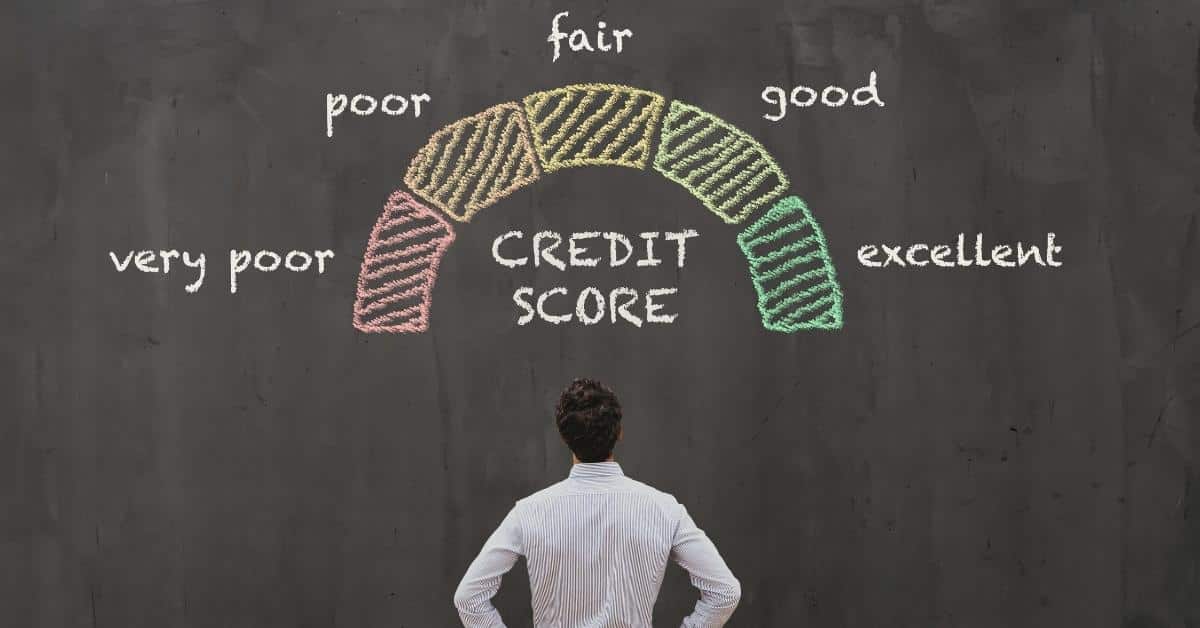
The credit scoring models consider many factors, like:
So, it takes time to build a high score. Score ratings also differ depending on the type you are looking at. For example, Vantage scores ratings are as follows:
FICO score ratings are similar, but they do differ some, as you can see below:
Before you start using credit, you may not have a score. You can also have a score on one bureau and lack a score on the others.
While you may think it would be better to have no credit than bad credit, lenders prefer that you have some credit because they can better tell if you will repay your loan.
Credit allows you to buy things and pay for them over time. When you have bad credit, some lenders will not loan you money. Those who do charge higher interest rates, and that isn't the only compelling reason to have good credit.
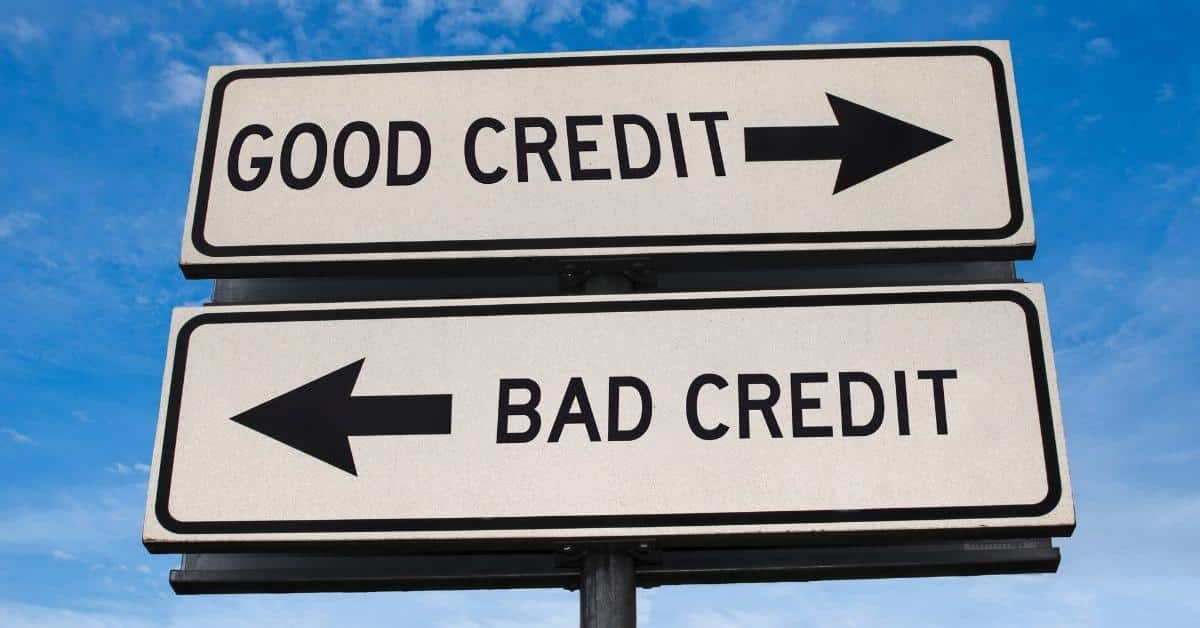
That means it costs you more to make large purchases than someone with positive credit. Just a slight increase in the interest rates of your loans can make a huge difference. The better your credit is, the more likely lenders will give you a reasonable interest rate on loans. Many lenders even offer interest-free loans if you have good credit.
The ability to borrow money at low or no interest helps you save money. You can save thousands of dollars over the life of a loan with a low-interest rate. You will pay thousands of dollars more to borrow the same amount at a high rate.
Many employers check credit reports when you apply for a job. In some fields, your credit may not impact you significantly. However, companies are more critical of your credit profile if you plan to get a job in banking, finance, real estate, or other industries where you handle a lot of money.
If you are not paying your bills on time, you must submit written reasons for each late payment. These organizations view employees with late payments as higher -risk. These company policies follow the theory that an employee in debt is more likely to steal if they are put in a position to do so.
Insurance companies usually check your credit when you request an insurance quote. The better your credit is, the lower the rates they offer.
If you have bad credit, utility companies usually require large initial deposits. Some of the companies that may require an initial deposit include:
Not having credit can prevent you from getting approved for housing. Apartment complexes and landlords check your credit before they approve you. If you do not have credit, the landlord may deny your application or require you to pay an extra deposit, or have a co-signer guarantee your lease.
Before you start trying to build credit, you need to review your credit report. Even if you do not think you have used credit, you may have something on your credit report. So, the first thing you need to do is check your report.
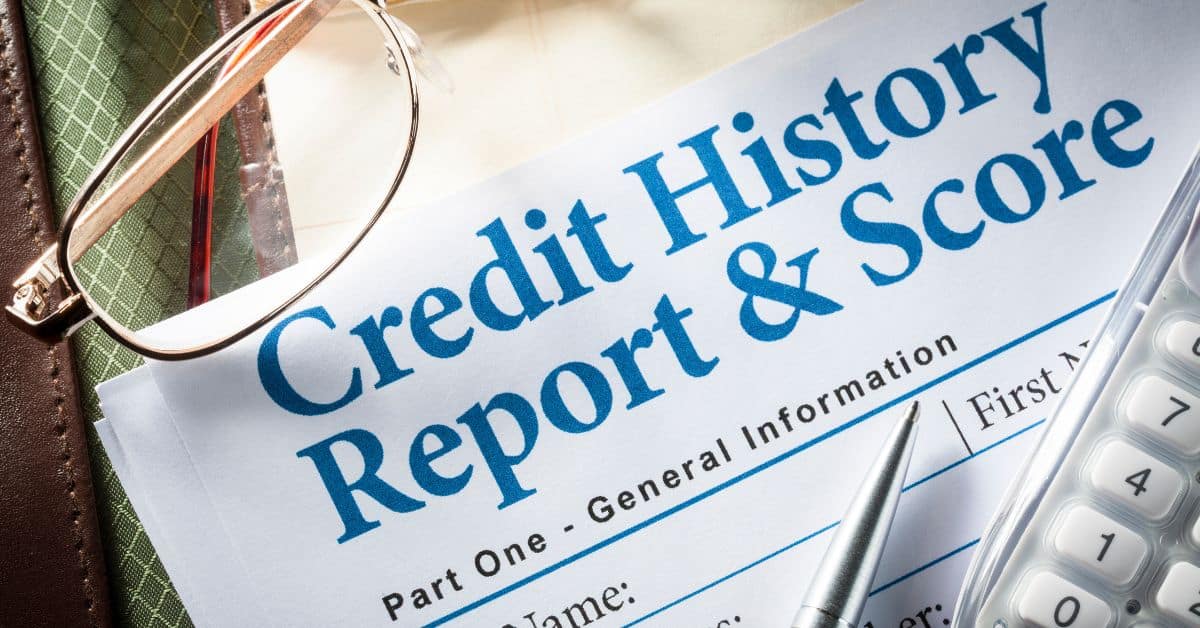
There are several free sites that you can use to receive a free credit report, like annualcreditreport.com. You can also signup for free credit-building apps that give you access to Vantage scores. Vantage scores are similar to your FICO score but usually slightly off.
It is also possible for you to have a Vantage score and not a FICO score.
There are a few initial steps you can take to build credit. Where you start depends on your specific situation.
If your family has good credit, you can ask to be added as an authorized user on one of their credit cards. However, you will want to make sure that if you do this, you choose someone who has good credit and is responsible for using it because their credit usage for the card you are authorized to use will appear on your credit report.
One of the easiest ways to start using credit is to apply for a secured credit card. Most major banks offer these cards, which work just like a traditional credit card but require an initial down payment.
Store cards are sometimes easier to get. However, you want to be very careful with store cards. These cards are not reported to the credit bureau the same way as traditional credit cards.
So, it is crucial to pay these cards off as you use them. Many store cards do not report your credit limit. They only report your high balance. So, if you have a $5,000 limit and charge $500, the high balance will be $500 until you pay it off.
The card issuer may not report that you have a $5,000 limit. So, when a lender pulls your credit report, it appears that you have a $500 credit limit.
There are ways that you can have your rental payments reported to the credit bureaus. One way is to sign up for Experian Boost. Then, pay your landlord through Zelle. After a few months, the payments should appear in the Experian Boost feature.
You can add them to boost your credit score along with other bills like your:
It can be even more challenging if you are still living at home because you do not have bills in your name. However, you can put a few bills in your name to start building credit.
Even bills like cable, internet, cell phones, and even Netflix help to give you some credit history.
You build good credit over time. There are different ways to start building credit. However, a well-rounded credit profile consists of different account types, accounts that have been open for years, and a substantial credit payment history.
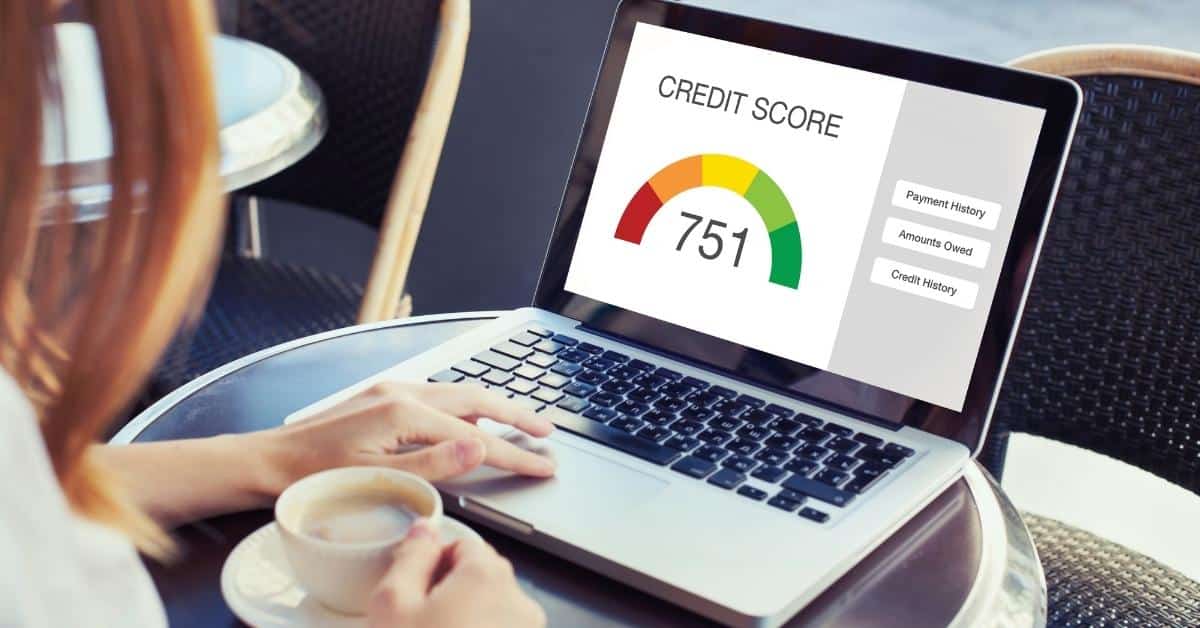
The longevity of accounts is vital if you want to achieve an excellent credit rating. In fact, it is the only way.
You need to have some accounts that you keep active for a long time. You also need to make sure that you do not close any credit cards you have had for many years, as your credit score will take an immediate hit that may take months or years to recover.
The threat of closed accounts harming your scores prompts many credit advisors to instruct clients to keep credit balances on their cards. It is not a bad practice and prevents issuers from closing your accounts due to inactivity. However, when you first learn how to build credit, do not worry too much about banks closing your cards due to inactivity.
Having one line of credit may give you a score. However, it may take a long time to establish credit that way. Banks want to see a mix of account types in your credit profile.
So, it is a good idea to have a few credit cards, at least two to three. With a few major credit cards, a couple of utility bills, and an auto loan or rental payments reported, you will have an excellent account mix that should give you a score in all areas.
Your payment history is extremely important, especially for the past 24 months. So, you want to make all payments on time.
Your payment history makes up the most significant portion of your score, impacting your credit for the most time. For example, you can pay down cards and raise your credit score within a month or two.
However, if you have late or missed loan or credit card payments, they will significantly impact your score for at least 24 months. Even a few late payments can bring your score down considerably for years.
Having credit and not using it will not get you far with lenders. They want to see that you can manage using credit. So, keeping a small balance on cards is a good idea.
However, if you have trouble managing a small balance, you can pay your cards off each month. Another thing you need to be mindful of is the amount you charge on your cards.
Banks want to see that you use your credit, but not too much. Even if you pay your bill monthly, charging your credit cards to the maximum allowed will negatively affect your credit scores.
Banks often report your payment on time but take a week or more to report the correct card balance. If you charge $500 on a card with a $750 credit limit, your bank may report the card as current if you make a payment, but they may not report the decrease in your extended credit. So, if you apply for credit, the bank would see that you owe $500 out of your total credit of $750, which doesn't look good to lenders.
You need to have accounts open for years to achieve excellent credit. One way to overcome the longevity of accounts required for achieving a higher credit score is to be added as an authorized user to an account with a long history.
You need to leave your credit accounts open when you start using your credit. Banks will often close accounts that are not actively used. So, making frequent purchases with your cards or leaving a small balance is a good idea.
You can start establishing credit within a few months if you open a couple of secured cards and other bills in your name. If you want to buy a home, having an auto loan or rental payments reported to the major credit bureaus will also help.
You can plan for it to take between 12 and 24 months to build enough credit to get favorable rates on significant purchases.
Building credit is vital, and missing even one payment can affect your score for years. So, it helps to have a few tips from a trusted credit education source to ensure you are correctly managing your credit.
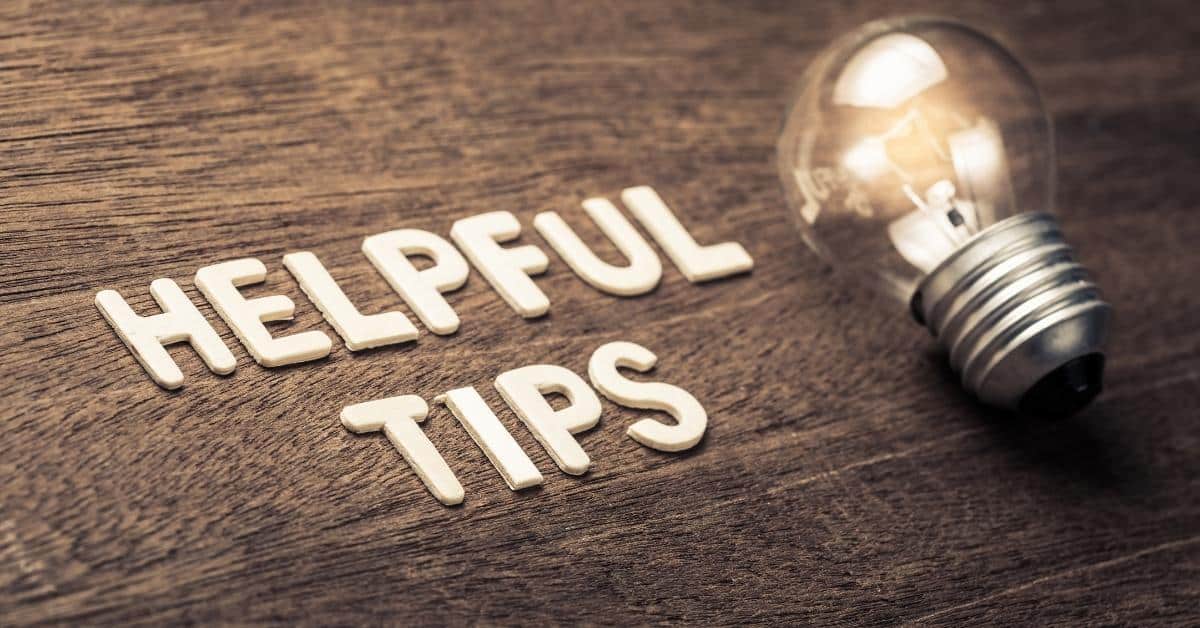
Many people get in a rush to build their credit and over-extend themselves. It is easy to use credit when you have it. You do not want to start your life with substantial debt, though. So, it is best to add credit to your profile slowly. Practice managing each credit account responsibly before you add another.
When you start using credit cards, learning how to pay your payments on time is crucial. Being over diligent is better than dealing with the long-term effect of slow payments.
Your total consumer debt, including auto payments, should not exceed ten percent of your annual salary.
Building positive credit takes n and responsibility. Letting someone else use your credit or co-sign for them can impact you for years. So, be extremely careful when you use your credit to help anyone.
Credit scoring models can be challenging to understand. There are numerous things credit scoring models factor. To better understand how credit works, look at the answers to these frequently asked questions by people trying to build their credit.
Lenders often offer students credit cards that they do not offer to people with similar credit profiles who are not in school. There is nothing wrong with using a student credit card to build credit. However, you need to be very careful with these cards as they often have higher limits, and it can be tempting to use them when you are a student living on a strict budget.
Paying off credit cards with high balances can be challenging for a student. You may have good intentions and want to make credit card payments on time, but if you do not have enough income, your credit card bill will likely take a backseat to other essential expenses like your phone bill or groceries. So, it is best not to overspend even if you have the ability.
Some people may tell you it does not hurt your credit to pay your cards off monthly. However, charging your cards to their limit will lower your score even if you pay your cards off each month. Creditors also like to see that you can manage to have some debt, so many experts will advise you to keep a small balance, under 30 percent, on your credit cards.
If it makes a difference in making payments on time or forgetting to make credit card payments, it is better to pay your accounts off than leave a balance. Even a late payment on an insignificant balance can considerably impact your score.
The easiest way to establish credit is to have someone add you to their account as an authorized user. You need to be careful when you do that, though.
When you are added as an authorized user, the card issuer will report account activity on your credit report and the original card owner's. If you are irresponsible with the card, the family member or friend will suffer, and if either of you fails to make payments on time, it will reflect poorly on your credit report.
The five Cs of credit are character, capacity, capital, collateral, and conditions. These are the factors lenders consider when deciding how much credit and terms they are willing to lend to you.
Credit is not the only thing banks consider when determining whether or not they will lend you money. In addition to your credit score and history, banks look at your income and employment history.
Lenders also look at your debt-to-income ratio. Banks will not approve you if you have a lot of credit extended, and you can only show a portion of your income. If you are self-employed, lenders want to see additional documentation before they give you a loan. The additional information you may need to provide could include additional tax returns, bank statements, and proof of income.
If you are self-employed, you must also show that you have had the same income source for two consecutive years.
Understanding how to build credit is essential if you want to enjoy low-interest rates and have the ability to finance the purchase of a home or car on credit. Following these credit-building tips will help you create a positive payment history and maintain it, so you can achieve an excellent credit rating.